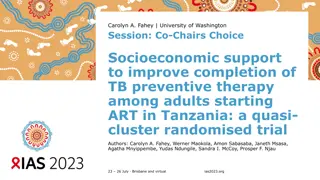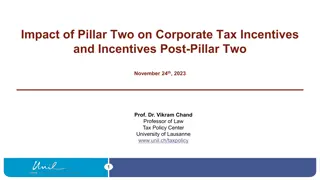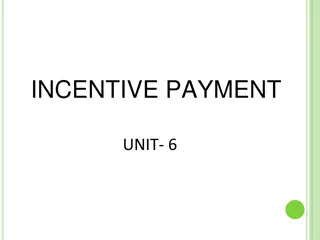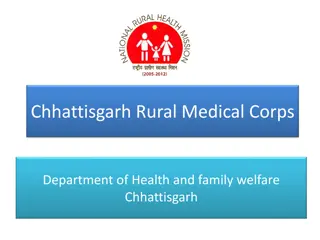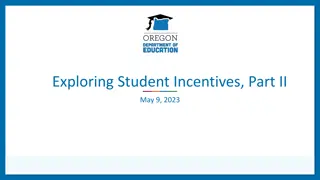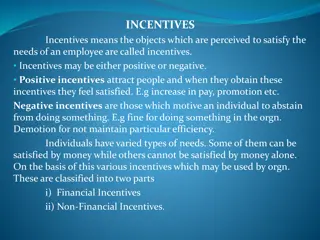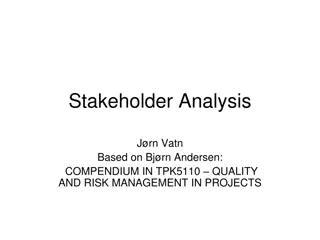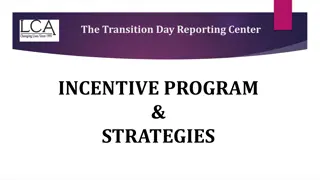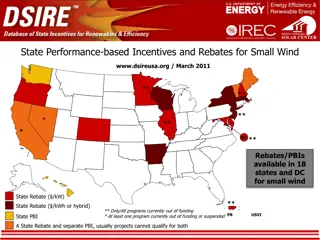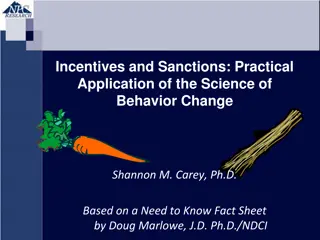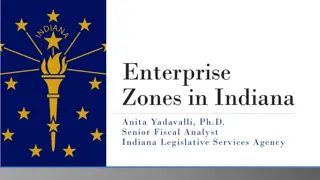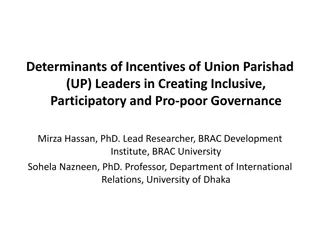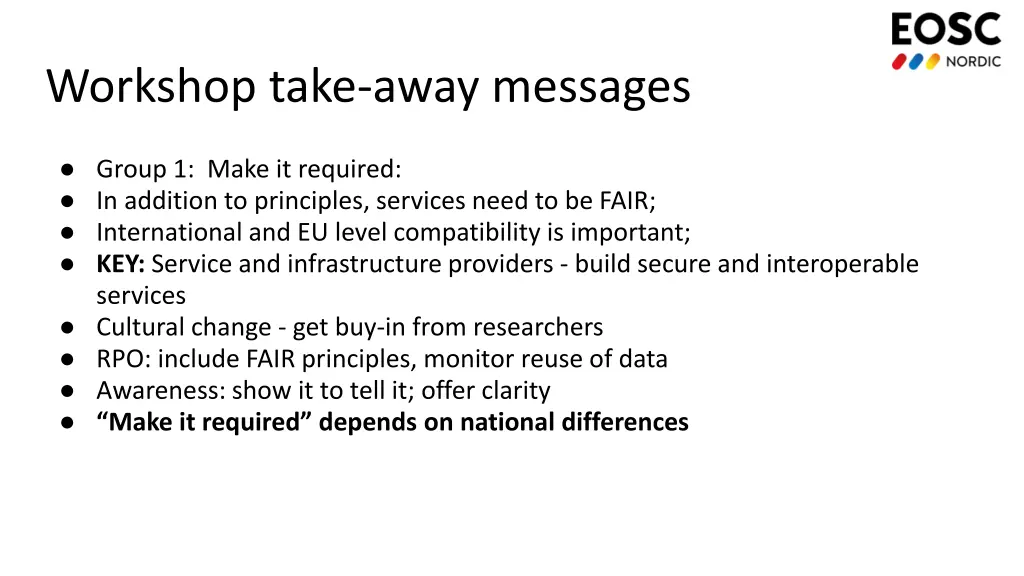
Strategies for Implementing FAIR Data Principles in Research Workshops
Explore key takeaways from workshops emphasizing the importance of FAIR data principles in research services at international and EU levels. Learn about strategies to make services fair, rewarding, normative, easy, and possible, highlighting the significance of cultural change, financiers' role, and infrastructure development.
Download Presentation

Please find below an Image/Link to download the presentation.
The content on the website is provided AS IS for your information and personal use only. It may not be sold, licensed, or shared on other websites without obtaining consent from the author. If you encounter any issues during the download, it is possible that the publisher has removed the file from their server.
You are allowed to download the files provided on this website for personal or commercial use, subject to the condition that they are used lawfully. All files are the property of their respective owners.
The content on the website is provided AS IS for your information and personal use only. It may not be sold, licensed, or shared on other websites without obtaining consent from the author.
E N D
Presentation Transcript
Workshop take-away messages Group 1: Make it required: In addition to principles, services need to be FAIR; International and EU level compatibility is important; KEY: Service and infrastructure providers - build secure and interoperable services Cultural change - get buy-in from researchers RPO: include FAIR principles, monitor reuse of data Awareness: show it to tell it; offer clarity Make it required depends on national differences
Workshop take-away messages Group 2, Make it rewarding: 5% for FAIR might be a good idea, but some research require more, some less, and it is difficult for financiers to know the needs of research in detail. It is difficult to reach out to the individual researcher Financers do promote FAIR in many ways, e.g. events, terms&conditions for grants, Open Science is an evaluation criterium, et cetera. Policy work is ongoing
Workshop take-away messages Group 3: Make it normative Push from the top level! Levels of Fairification: not all data needs to be made available and FAIR --> select what data is important to keep and make that FAIR (data curation). Have examples of how FAIR data can lead to high-end research. Very important to have the infrastructure in order to be able to make FAIR normative.Tools need to be easy to use so the use is normative Group 4: Make it easy Establish good practical guides and training on how to manage data/sharing data in line with legal requirements and research-ethical guidelines. Resources are needed for organisations to supply necessary guides and training is needed Requirements around DMPs are needed to promote the need of data management planning.
Workshop take-away messages Group 5: Make it possible Raising awareness of FAIR data and support within the research community. Especially in smaller countries to promote discussions between funders and researchers and collaboration between research organisations/data services (not to reinvent the wheel). Funding is crucial to secure sustainability of repositories Funding of Data Steward positions and training Make DMPs a requirement for all funding including a section on FAIR data. The DMP should be a part of the assessment

